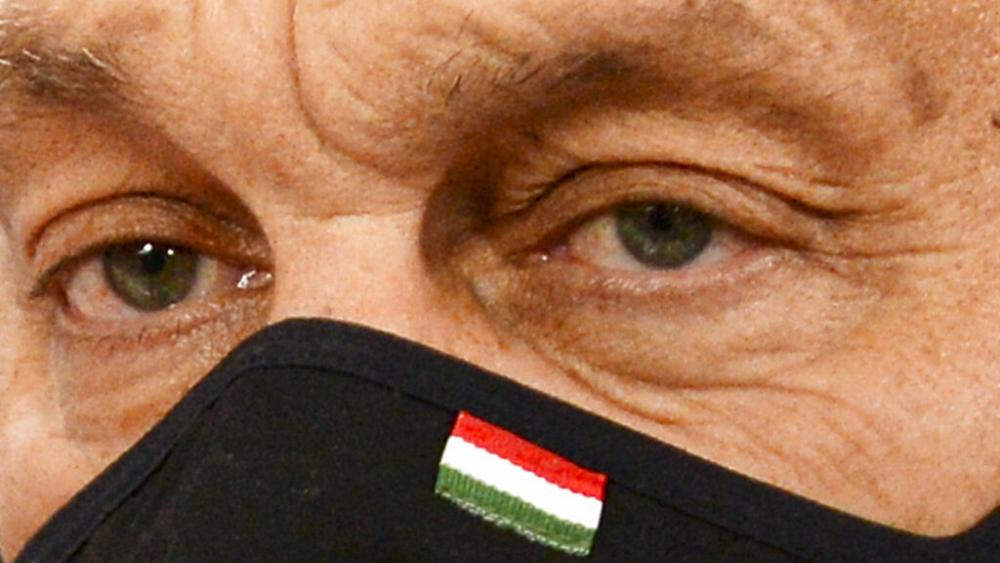
Hungary, which has been harder hit during the second wave of coronavirus than it was during the first, is the latest European country to impose a partial lockdown.
In a bid to tackle the rate of transmission, MPs have passed legislation extending a state of emergency for 90 days.
It was part of a wave of legislation, proposed by Prime Minister Viktor Orban, which seeks to change electoral law, amend rights concerning marriage and religion, temporarily ban protests and relax rules governing public funds. It also included a draft bill that would deny same-sex couples the right to adopt.
The partial lockdown measures came as a sudden reversal from weeks of business-as-usual and a pandemic policy designed to protect the economy from the shock of lockdown. In mid-September, when daily COVID-19 deaths were still in the single digits, Orban indicated the government would shape its policy based on the number of deaths, not of infections.
But recent weeks have brought sharp increases in both, eclipsing spring numbers. Last week was the deadliest of the pandemic with 619 deaths, and the number of coronavirus patients being treated in hospitals went above 6,000 for the first time.
In announcing the lockdown, Orban said that if the number of infections continued to grow at that rate, “then our doctors … and our hospitals (won’t be able to) cope with the burden.”
Euronews correspondent Shona Murray explains more in the video, above.
Related posts:
Views: 0
 RSS Feed
RSS Feed

















 November 12th, 2020
November 12th, 2020  Awake Goy
Awake Goy  Posted in
Posted in  Tags:
Tags: 
















